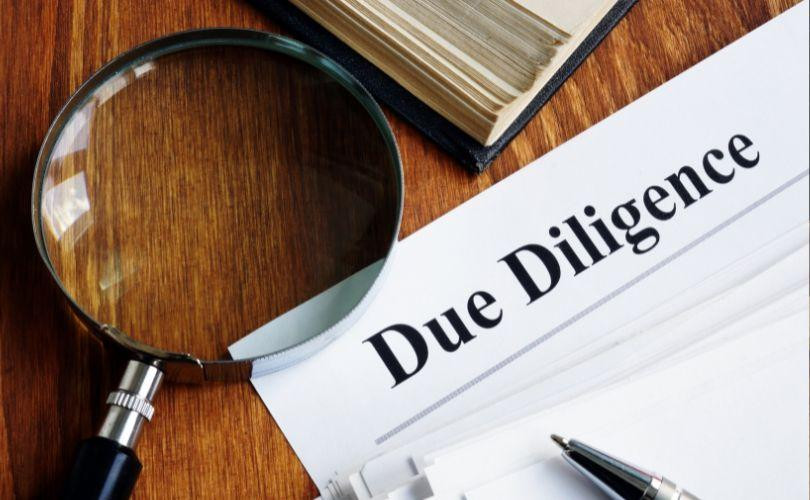UNDERSTANDING THE ROLE OF TECHNICAL DUE DILIGENCE SERVICES
Before finalizing any real estate investment, one critical step can significantly influence the outcomeÑtechnical due diligence services. These services provide a comprehensive review of a propertyÕs physical and technical aspects, ranging from structural integrity to compliance with local building codes. The goal is to uncover any hidden issues that may lead to costly repairs or legal complications post-purchase. By integrating such services early in the decision-making process, investors minimize risk and make well-informed property acquisitions grounded in factual assessment.
BENEFITS OF USING TECHNICAL DUE DILIGENCE SERVICES
Engaging technical due diligence services helps identify both present and potential future issues that could affect the assetÕs valuation or performance. A detailed analysis includes reviewing architectural plans, assessing HVAC systems, plumbing, electrical setups, and even evaluating environmental hazards. This holistic review ensures the property aligns with strategic objectives, operational needs, and regulatory standards. Without this assessment, stakeholders may face unforeseen costs that could disrupt project timelines or profitability. As real estate investments grow in complexity, thorough technical scrutiny has become a non-negotiable requirement.
WHY TECHNICAL REVIEWS MATTER MORE THAN EVER
In todayÕs competitive real estate landscape, technical oversight is no longer just a formality. Investors and developers increasingly rely on detailed evaluations to ensure the long-term sustainability of their portfolios. When a project fails to meet expectations due to overlooked issues, the consequences can be severeÑranging from costly repairs to project abandonment. By incorporating technical due diligence real estate practices, stakeholders gain insights that support transparent decision-making and enable more effective asset management. These insights also help prioritize upgrades or repairs to maintain the propertyÕs market value.
ENSURING COMPLIANCE WITH TECHNICAL DUE DILIGENCE REAL ESTATE ANALYSIS
Legal and regulatory compliance is a cornerstone of successful property transactions. Technical due diligence real estate reviews assess whether buildings comply with zoning laws, fire safety codes, and energy regulations. When properties are repurposed or upgraded, these evaluations ensure that changes do not conflict with existing policies. This approach significantly reduces legal exposure and enhances the property's overall appeal to future buyers or tenants. Such careful attention to compliance adds credibility to the asset and builds long-term investor confidence, making it a valuable step in high-stakes transactions.
LONG-TERM VALUE THROUGH TECHNICAL DUE DILIGENCE REAL ESTATE INSIGHT
Beyond transaction closures, technical due diligence real estate enables smarter planning for future maintenance, refurbishments, or expansions. It supports capital budgeting by highlighting areas where investment is most urgently needed. The process also fosters better coordination among architects, engineers, and developers, ensuring everyone operates with a clear understanding of the propertyÕs condition. In an industry driven by precision and accountability, relying on such analysis strengthens investment performance and strategic vision. A solid due diligence framework becomes the backbone of sustainable real estate development and asset management.
CONCLUSION
A robust due diligence strategy is essential for any real estate investment to succeed. For those seeking reliable and expert insight, chadils.com delivers professional evaluations backed by deep industry knowledge. By leveraging technical due diligence services and applying comprehensive technical due diligence real estate analysis, real estate decisions become more informed, risk-aware, and strategically sound.


